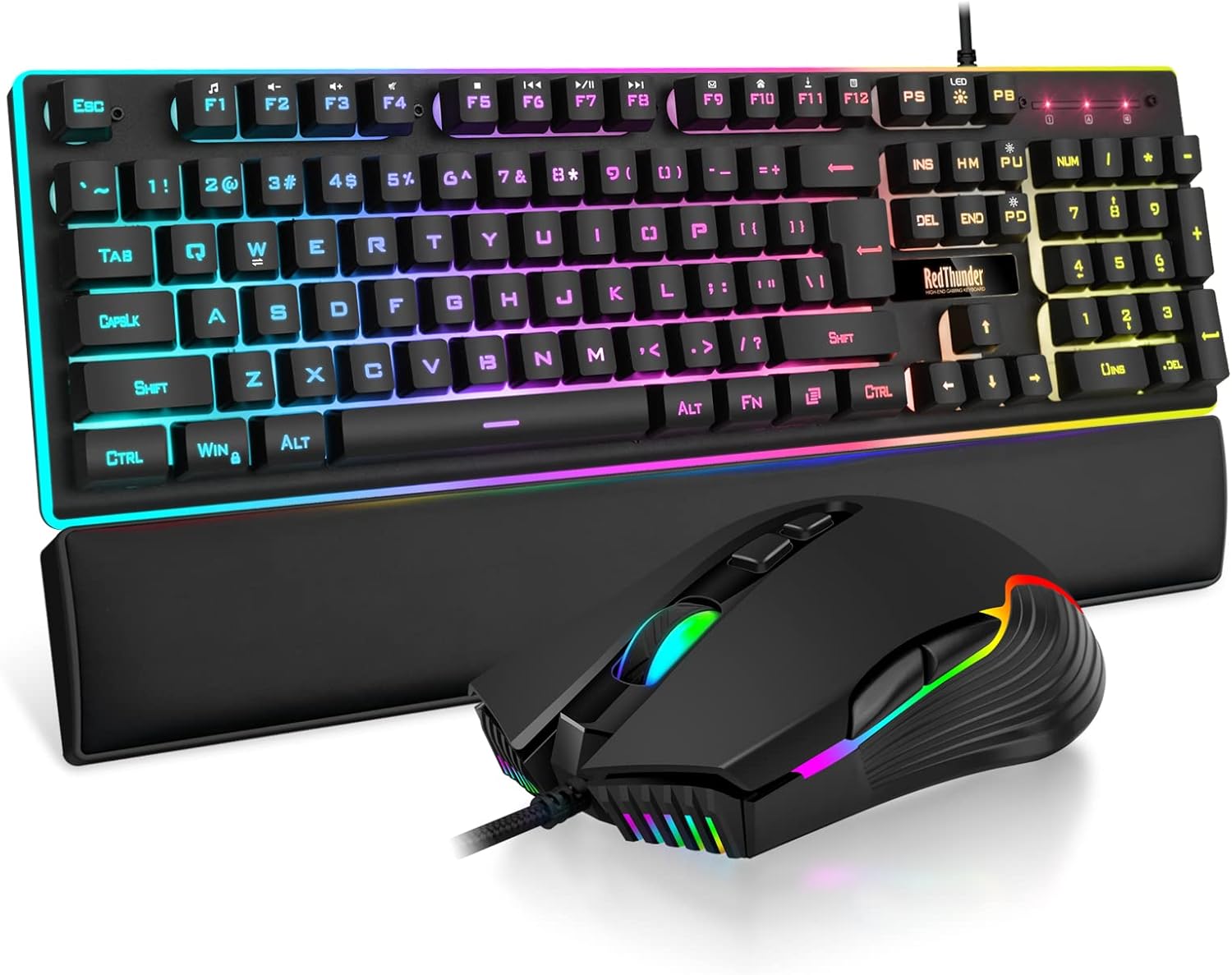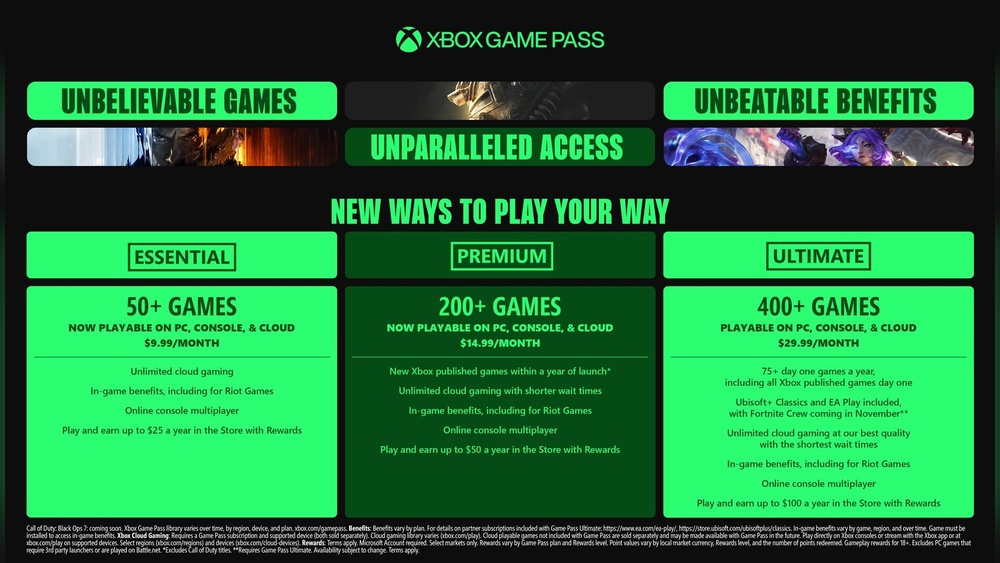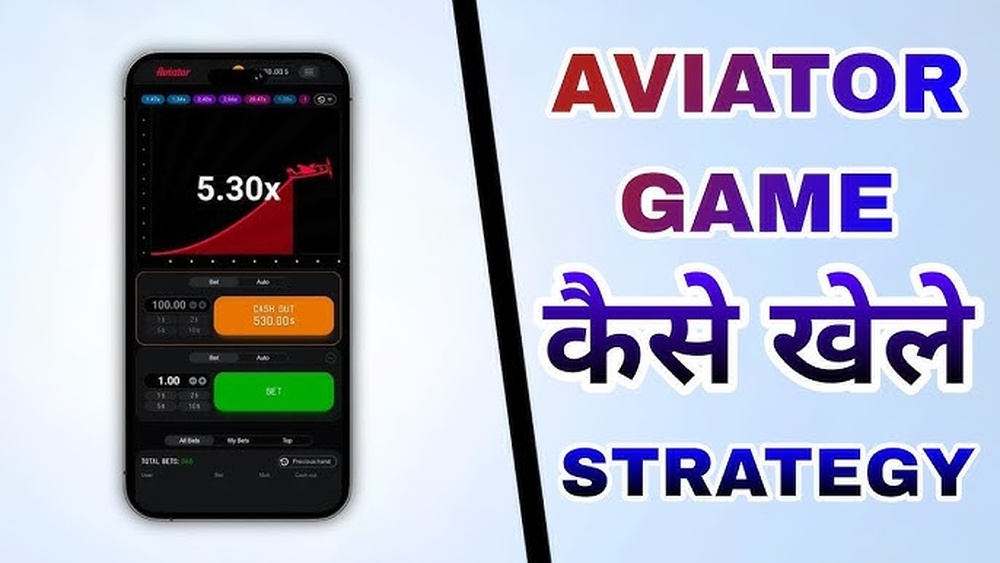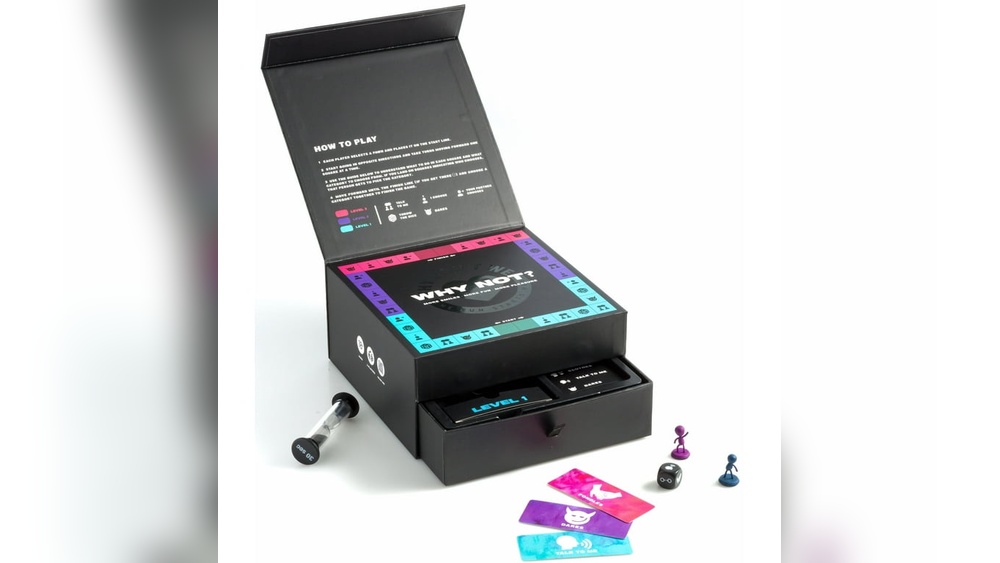Are you ready to turn your love for games into a real career? The gaming industry is full of exciting opportunities, and getting started might be easier than you think.
Whether you want to design, program, or create stories for games, this guide will help you take the first steps. By the end, you’ll know exactly what to focus on and how to build skills that employers want. Keep reading, because your dream job in gaming could be closer than you imagine.
Gaming Industry Landscape
The gaming industry is large and fast-growing. It offers many chances to work in different areas. Understanding the industry landscape helps you find your path. You get to know where jobs and opportunities are.
This section explains the key sectors, current trends, and major players. It gives a clear picture of the gaming world today.
Key Sectors In Gaming
The gaming industry has many parts. Game development creates the games you play. Game design focuses on how games look and feel. Programming builds the code behind the games.
Publishing handles marketing and selling games. Esports involves competitive gaming and tournaments. Streaming lets players share gameplay live with others. Mobile gaming is growing fast with many players worldwide.
Current Industry Trends
Virtual reality (VR) and augmented reality (AR) are gaining popularity. Cloud gaming lets you play games without downloads. More games use online multiplayer modes. Mobile games attract huge audiences everywhere.
Games now focus on storytelling and player experience. Indie games offer unique and creative ideas. Social features connect players and build communities. The industry keeps evolving with new technology.
Major Players And Studios
Some companies lead the gaming world. Big studios like Ubisoft, EA, and Activision make popular games. Nintendo and Sony also shape the industry with consoles and games.
Smaller studios and indie developers bring fresh ideas. Platforms like Steam and Epic Games Store help these games reach players. Knowing the major players helps you understand where to apply and grow.
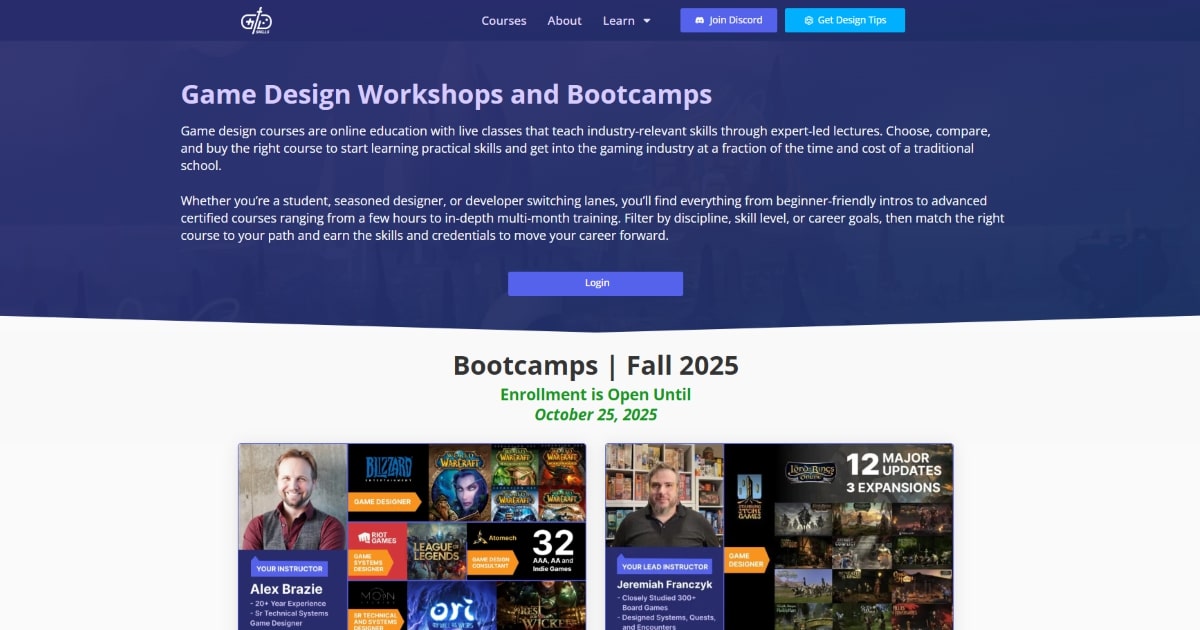
Credit: gamedesignskills.com
Essential Skills For Gaming Careers
Starting a career in the gaming industry requires a mix of skills. These skills help you work well and create exciting games. Knowing what skills matter can guide your learning path.
Skills in gaming careers fall into three main groups. Each group plays a key role in your success. Focus on building technical skills, creative abilities, and soft skills.
Technical Skills
Technical skills form the base for many gaming jobs. Coding is a must. Languages like C++, Python, and JavaScript are common. Understanding game engines such as Unity or Unreal Engine helps a lot.
Knowledge of 3D modeling and animation tools also matters. Software like Blender or Maya is widely used. Testing and debugging skills improve game quality and user experience.
Creative Abilities
Creativity drives game design and storytelling. Being able to design characters, levels, and storylines is important. A good sense of art and color enhances game visuals.
Creative thinking helps solve problems in unique ways. This skill makes games fun and engaging. Drawing or writing skills add value in many roles.
Soft Skills Importance
Soft skills improve teamwork and communication. Most gaming projects need group effort. Clear communication helps avoid mistakes and delays.
Patience and adaptability keep you going through challenges. Time management helps meet deadlines without stress. Being open to feedback leads to better work.
Education And Training Paths
Starting a career in the gaming industry needs the right education and training. This helps build skills and knowledge. It also shows employers your commitment. Many paths exist for learning. Choose one that fits your goals and style.
Relevant Degrees And Courses
Degrees in computer science, game design, or animation help a lot. These programs teach coding, graphics, and game mechanics. Some schools offer special courses in game development. A degree can open doors to many jobs. It also gives a strong foundation for future learning.
Online Learning Resources
Online courses provide flexible ways to learn game skills. Platforms like Coursera, Udemy, and Khan Academy offer many options. You can learn programming, 3D modeling, or sound design. Videos and quizzes make learning easier. Many courses let you learn at your own speed.
Bootcamps And Workshops
Bootcamps and workshops offer hands-on training fast. They focus on practical skills like coding or game art. These sessions last from a few days to months. You work on real projects with mentors guiding you. They help build a portfolio to show employers.
Credit: pam.tnb.org.tr
Building A Portfolio
Building a portfolio is a key step in starting a career in the gaming industry. It shows your skills and creativity. A strong portfolio can open doors to job opportunities and collaborations. Focus on quality projects that highlight your abilities clearly.
Creating Game Projects
Create small games or game parts to practice your skills. Use popular tools like Unity, Unreal Engine, or Godot. Focus on different areas like coding, design, or art. Finish each project to show you can complete tasks. Simple games with clear goals work well for portfolios.
Showcasing Work Online
Put your projects on websites like GitHub, Itch.io, or personal blogs. Upload videos or screenshots to show gameplay and features. Write short descriptions explaining your role in each project. Keep your online profile updated with recent work. Easy access helps employers see your skills fast.
Participating In Game Jams
Join game jams to build games in a short time. These events improve creativity and teamwork skills. Work with others or solo to create unique projects. Game jams give you real experience under pressure. Share your game jam projects in your portfolio for extra value.
Networking Strategies
Networking is key to starting a career in the gaming industry. Building relationships opens doors to job offers and projects. It helps you learn from others and stay updated on trends.
Effective networking involves meeting new people and staying connected. Use different ways to meet industry professionals and peers. Focus on genuine conversations and shared interests.
Attending Industry Events
Industry events gather many gaming professionals in one place. Conferences, expos, and workshops offer chances to meet creators and employers. Prepare by researching attendees and planning your questions. Exchange contacts and follow up after the event. Small talk can lead to big opportunities.
Joining Online Communities
Online communities connect gamers and developers worldwide. Forums, social media groups, and platforms like Discord host active discussions. Participate regularly by asking and answering questions. Share your work and show your passion. Online networking can lead to collaborations and mentorship.
Connecting With Professionals
Reach out directly to people working in gaming. Use LinkedIn or email to introduce yourself politely. Mention shared interests or projects you admire. Keep messages short and respectful. Building a professional network takes time but brings valuable support and advice.

Credit: www.coursera.org
Job Search Tips
Starting a career in the gaming industry can feel overwhelming. The job market is competitive. Knowing how to search for jobs smartly helps a lot. Focus on key steps to improve your chances. This guide covers essential job search tips for beginners.
Finding Entry-level Roles
Begin by searching for entry-level positions in game studios. Roles like QA tester, junior artist, or assistant programmer are common starters. Use job boards that specialize in gaming jobs. Company websites also list open positions. Networking with industry people can reveal hidden opportunities. Join gaming forums and attend local events. Keep an open mind about internships or contract jobs. Experience is more important than the job title early on.
Crafting Effective Resumes
Write a clear, simple resume focused on gaming skills and education. Highlight any projects, even small ones, that show your passion. Use bullet points to organize information neatly. Include software you know, like Unity or Photoshop. Avoid long paragraphs or complicated words. Tailor your resume for each job application. Match keywords from the job description. A clean design with easy-to-read fonts works best.
Preparing For Interviews
Practice common gaming industry interview questions. Be ready to explain your projects and what you learned. Show enthusiasm for games and teamwork. Listen carefully and answer clearly. Prepare questions to ask the interviewer. This shows interest and helps you learn more. Dress simply and arrive on time. Good manners and confidence leave a strong impression.
Freelancing And Indie Development
Freelancing and indie development offer great ways to enter the gaming industry. You can work on different projects or create your own games. Both paths allow creativity and skill growth. They also provide flexibility in work hours and locations.
Many beginners choose freelancing to build a portfolio. Indie development suits those who want full control over their games. Understanding the pros and cons helps make the right choice.
Pros And Cons Of Freelancing
Freelancing lets you work with many clients. You gain experience in various game types. It improves your skills and expands your network. You can set your own schedule. But income may be unstable at times. Finding steady clients can take effort. Deadlines might be tight and stressful. Freelancers must handle taxes and benefits alone.
Starting Indie Projects
Indie projects let you bring your ideas to life. Start small with simple game concepts. Use free or low-cost tools like Unity or Godot. Test your game often to fix bugs. Share progress with friends or online groups. Learn from feedback and improve your game. Indie development teaches many skills at once. Time and patience are key to success.
Monetization Options
Games can earn money in different ways. Sell your game on stores like Steam or itch.io. Offer free games with ads to earn revenue. Use in-game purchases for extra content. Crowdfunding can support your project early. Choose methods that fit your game style. Balance earning money and player experience.
Staying Updated And Growing
Staying updated and growing in the gaming industry is key to building a strong career. The gaming world changes fast. New tools, trends, and ideas appear every day. To keep up, you must learn and adapt constantly. This helps you stay relevant and find new chances to succeed.
Continuous Learning
Learning does not stop after school or your first job. The gaming industry needs fresh skills all the time. Take online courses on game design, coding, or art. Practice new software and techniques regularly. Join workshops or webinars to improve your skills. This keeps your knowledge sharp and useful.
Following Industry News
Read gaming blogs, magazines, and websites often. Watch videos and listen to podcasts about new games and technology. Follow developers and companies on social media. Join forums and groups where gamers and creators talk. This helps you understand what is popular and what is coming next.
Advancing Your Career
Set clear goals for your career growth. Look for internships or entry-level jobs to gain experience. Build a strong portfolio showing your best work. Network with people in the industry to find mentors and job leads. Always ask for feedback to improve. Keep pushing yourself to take on bigger projects.
Frequently Asked Questions
What Skills Are Needed To Start In The Gaming Industry?
Key skills include programming, graphic design, storytelling, and teamwork. Learning game engines like Unity or Unreal is essential. Communication and problem-solving skills also boost your chances.
How Can I Build A Portfolio For Gaming Jobs?
Create diverse game projects showcasing your abilities. Include playable demos, artwork, or code samples. Share your work on platforms like GitHub or ArtStation to attract employers.
What Education Is Best For A Gaming Career?
Degrees in computer science, game design, or graphic arts are ideal. Online courses and certifications also help. Continuous learning about industry trends is crucial for success.
Where Can I Find Entry-level Jobs In Gaming?
Check gaming company websites, job boards, and LinkedIn. Internships and freelance projects provide practical experience. Networking at gaming events opens more opportunities.
Conclusion
Starting a career in the gaming industry takes time and effort. Learn the basics and build your skills step by step. Connect with others who share your passion. Keep trying and stay patient through challenges. Every small project helps you grow and gain experience.
Focus on what you enjoy most in gaming. The industry offers many paths to explore. Stay curious and keep improving. Your journey begins with one simple step.





